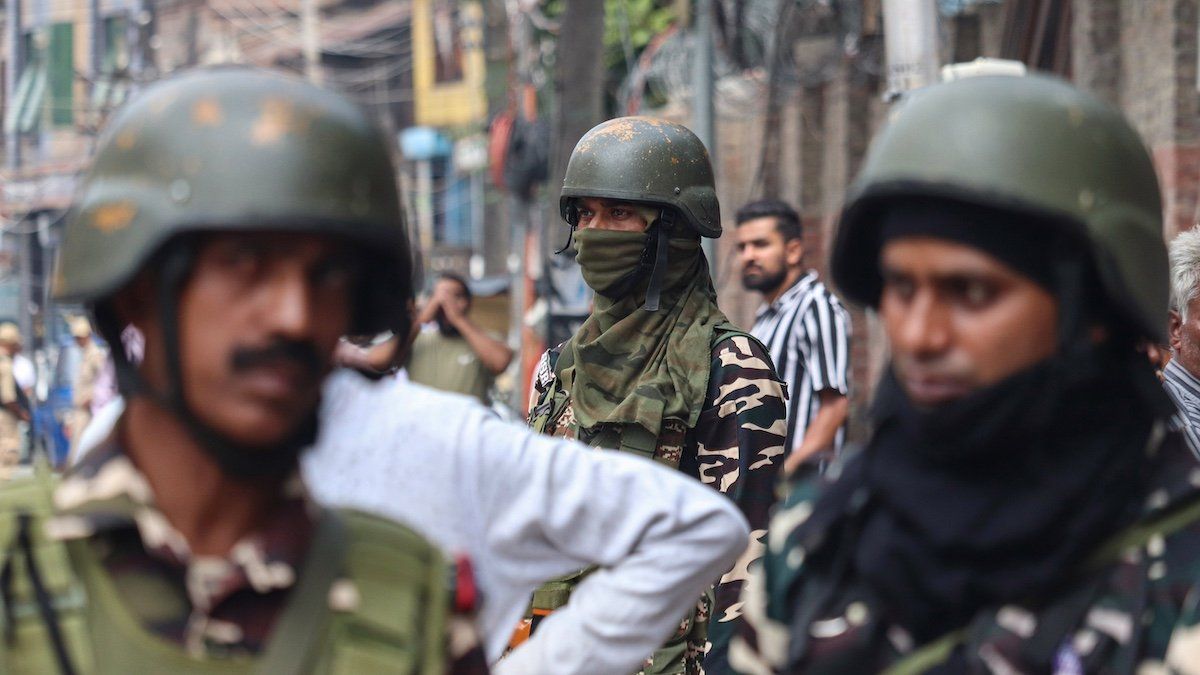The Indian-occupied region of Kashmir kicks off its first phase of elections on Wednesday for its own truncated government and local legislative assembly, as New Delhi reintroduces some local authority after taking direct control in 2019. Kashmiris, the majority of whom are Muslim, have frequently boycotted elections in the past to protest Indian occupation but reportedly plan to participate this time to attempt to deny the Hindu-nationalist Bharatiya Janata Party control.
Who are the main players? Besides the BJP, which enjoys support from the regional Hindu minority, especially around the city of Jammu, the local People’s Democratic Party and National Congress party are the main contenders. PDP was in coalition with BJP from the last election in 2014 to 2018, while NC has allied with the Indian National Congress, BJP’s main rival on the national level. In addition, 145 independent candidates have registered – a record high — which some Kashmiris say is due to the BJP attempting to dilute the opposition vote. Vote counting is scheduled for Oct. 8, after two additional phases on Sept. 25 and Oct. 1.
The new assembly will have partial control over social policy like education, culture and taxation but not over the police, and it will not enjoy the special privileges it had prior to 2019.
The upshot? If Kashmiri parties can form a governing coalition, they will still be very limited in what legislation they can pass, but it may reduce the appeal of armed insurrection for disaffected youth. Violence in the Vale of Kashmir, which India accuses Pakistan of supporting, has already
cost tens of thousands of lives, and we’re watching whether the ballot might prove mightier than the bullet.
